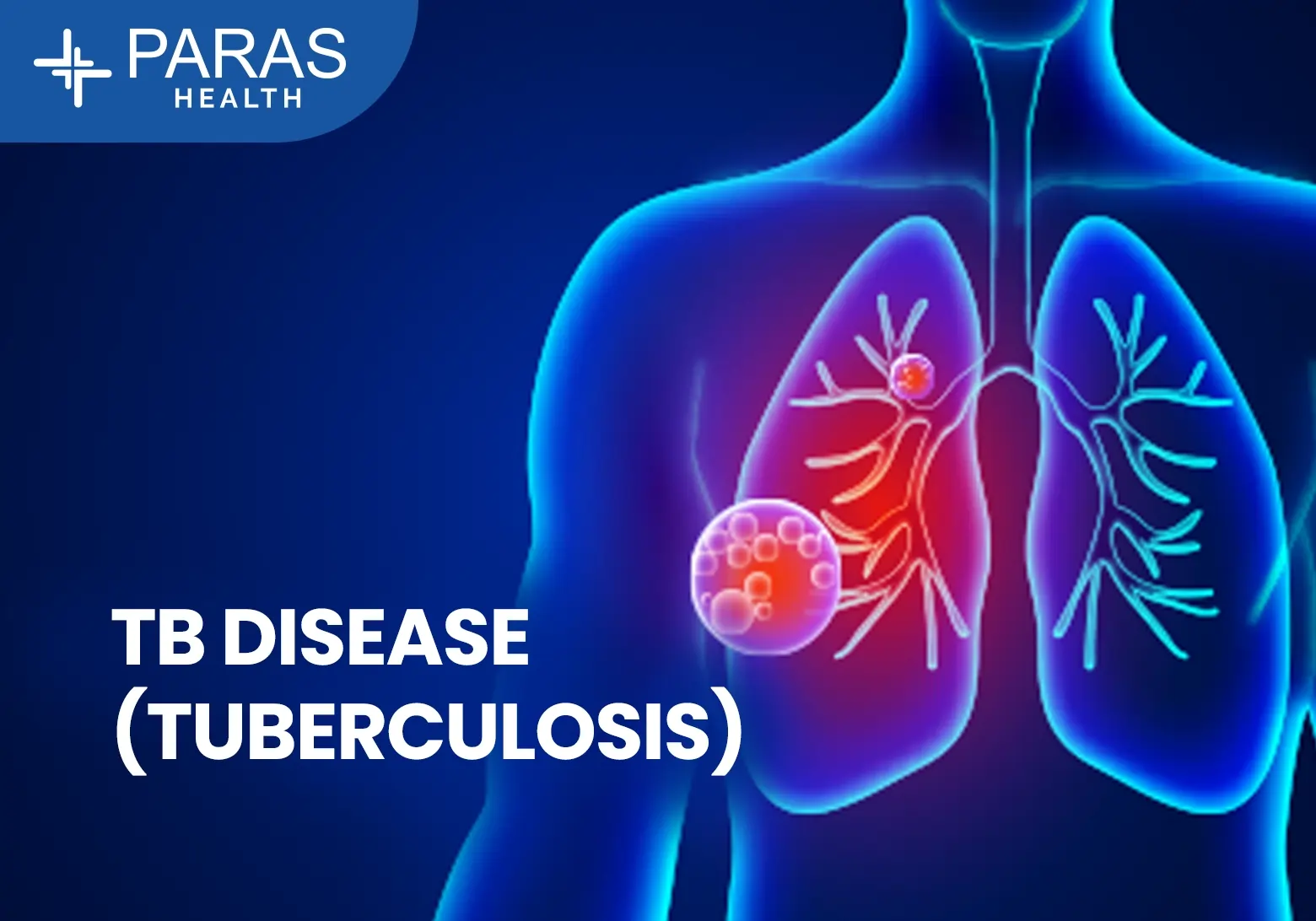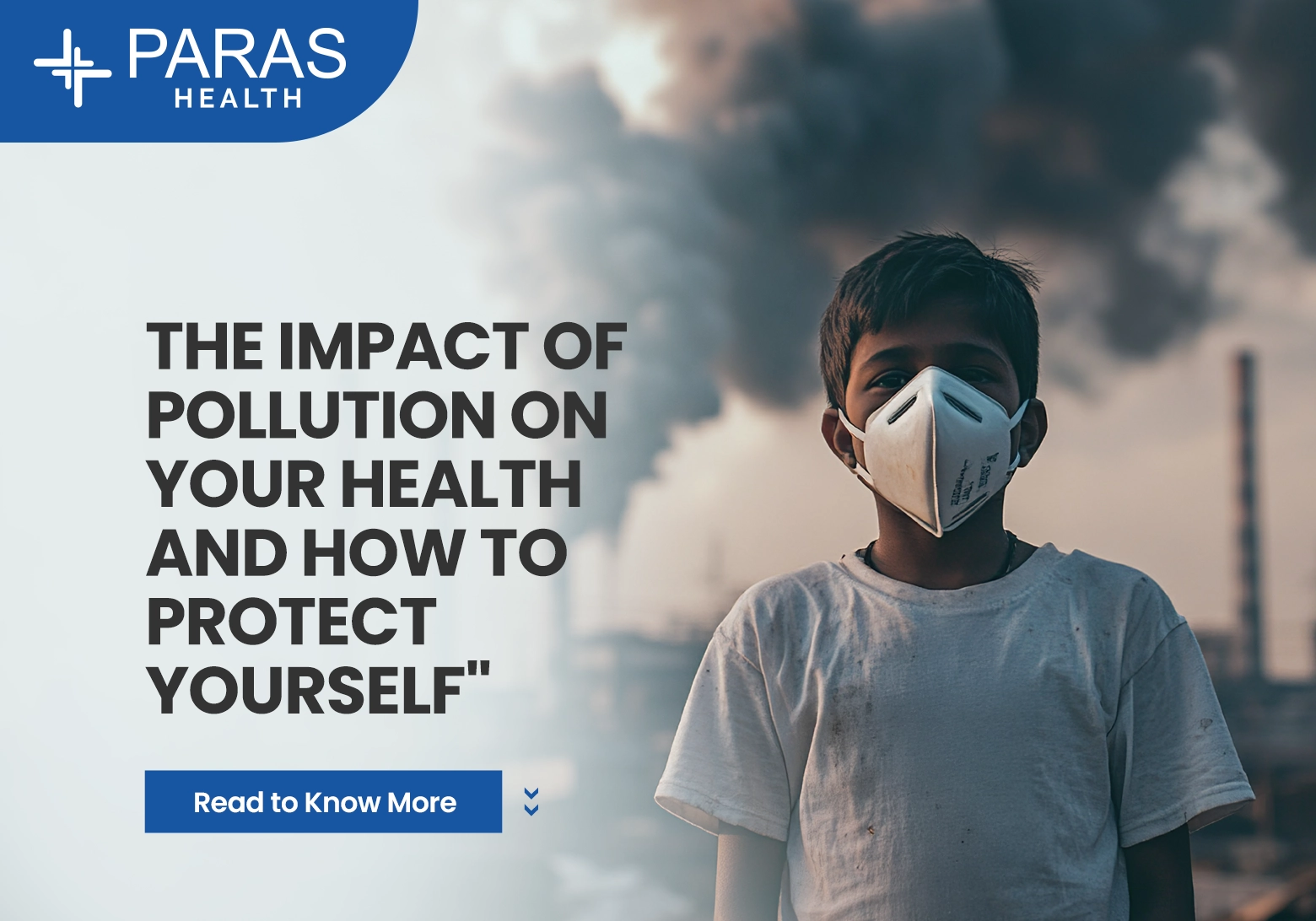Pneumonia can be a life-threatening infection
Apr 19, 2022
Bacterial pneumonia is basically more serious as it causes more severe symptoms. However, viralpneumonia caused by the flu virus can be lifethreatening if it triggers particularly a severe inflammation of the lungs or is complicated by a secondary bacterial infection. Pneumonia is a lung infection that can cause mild to severe illness in people of all ages. It is the main cause of death due to infection in children younger than 5 years of age worldwide. Pneumonia is also a common complication of influenza.
Several cases of bacterial pneumonia can be effectively treated with penicillin. Severe pneumonia can kill victims within hours as they literally drown in the fluids flooding their lungs. This lung infection can be lifethreatening if symptoms aren’t diagnosed early. Older people can also be prone to swallowing problemissue , making them susceptible to aspiration pneumonia, caused when food, saliva, or liquids are inhaled into the lungs. There are several different kinds of pneumonia, ranging from mild to severe. There are 4 basic types:
- Community-acquired pneumonia (CAP), the most important type of pneumonia it is caused by bacteria, viruses, and other organisms that are acquired external of the hospital or other health care settings.
- Hospital-acquired pneumonia (HAP) create at least 48 hours after someone has been admitted to the hospital. It can be caused by bacteria and other organisms that are basically different from CAP. HAP is basically more severe than CAP because the bacteria and organisms can be harder to treat, and because people who get HAP are already sick.
- Aspiration pneumonia occurs when liquids or other irritants are inhaled into the lungs. It is most common type of aspiration pneumonia is caused by inhaling stomach contents after vomiting. People with medical issue such as stroke, ALS that affect swallowing are at an increased risk of this type of pneumonia.
- Opportunistic pneumonia occurs in people with weakened immune system (Such as people with AIDS, cancer, organ transplant).






.webp)



